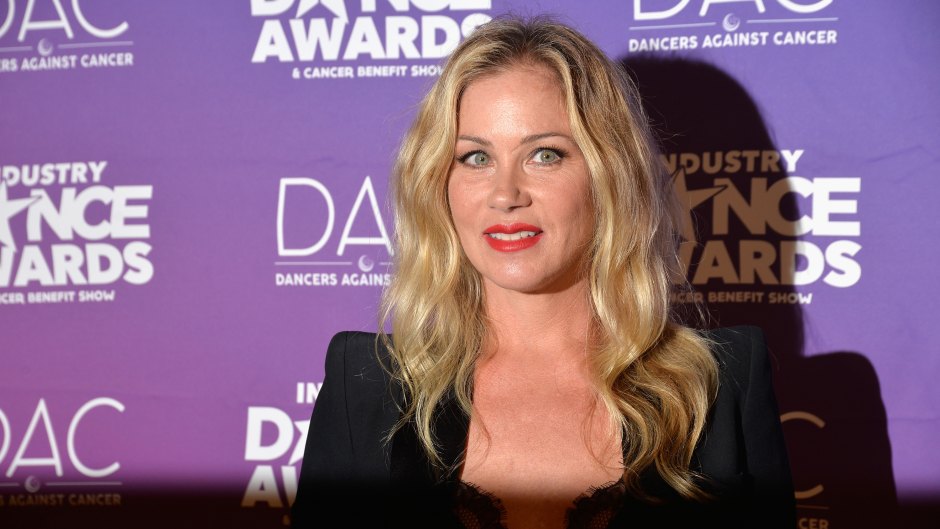
Getty Images
Christina Applegate Has Surgery to Remove Ovaries and Fallopian Tubes After Learning She Has BRCA1 Gene
What an inspiration! Christina Applegate has sacrificed a lot for her health and family over the years. She was diagnosed with breast cancer in 2008 and had a double mastectomy to remove her breast tissue and ensure that she would be around to watch her daughter Sadie grow up. When she recently learned she carries the BRCA1 gene — which puts women at a much higher risk of cancer — she made a brave decision to undergo surgery to remove her ovaries and fallopian tubes.
“Two weeks ago, I had my ovaries and [fallopian] tubes removed,” she revealed on Today. “My cousin passed away from ovarian cancer in 2008. I could prevent that.” The BRCA1 gene is likely to blame for Christina’s breast cancer — women who have it face a whopping 55 to 65 percent chance of getting the disease by age 70, according to cancer.gov. While the double mastectomy saved her from that, she also faced a heightened 39 percent chance of getting ovarian cancer. Luckily, that can’t happen after her latest surgery. “That’s how I’ve taken control of everything. It’s a relief. That’s one other thing off the table. Now, let’s hope I don’t get hit by a bus,” she joked.

Christina and her daughter, Sadie. (Photo Credit: Getty Images)
Unfortunately, the gene mutation is hereditary, which means Christina has to be extra cautious with her daughter’s health. “The chances that my daughter is BRCA positive are very high,” she explained. “I look at her and feed her the cleanest foods. I try to keep her stress levels down. I’m doing everything I can on my end knowing that in 20 years, she’ll have to start getting tested. Hopefully by then there will be advancements. It breaks my heart to think that’s a possibility.”
Right now, there is only one test for women to take to find out if they have this gene mutation and it’s very expensive — so Christina founded her Right Action for Women Foundation to help give people more access. “We’re at this place where we need to sit down and figure out the future of what it is that we’re doing and get into more of the BRCA1 tests for women,” she said. “That’s a huge cost for a lot of people who don’t have perfect insurance. If you do know you have the gene, it gives you an empowerment about your lifestyle. I’ve been a stay-at-home mom and focusing on my daughter the last two years. We’re moving forward now.”






































